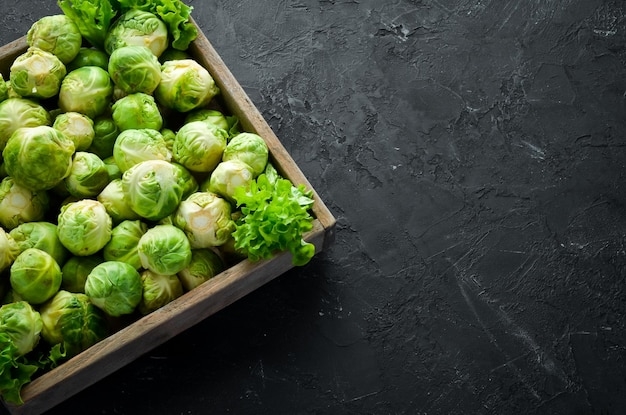Apricots are a delicious and nutritious fruit that is packed with essential vitamins and nutrients. These small, orange fruits are low in calories and high in fiber, making them an excellent choice for those looking to maintain a healthy diet. In this article, we will explore the nutritional benefits of apricots, including their high levels of vitamin A, fiber, and antioxidants.
What Are Apricots?
Apricots are a type of fruit that is native to Eastern Asia, but is now widely grown and consumed around the world. These small, round fruits are typically orange or yellow in color and have a soft, velvety skin. They have a sweet, slightly tart flavor, and a juicy texture.
Nutritional Benefits of Apricots
Vitamin A
Apricots are an excellent source of vitamin A, with 100 grams containing 64% of the recommended daily intake. Vitamin A is a fat-soluble vitamin that is essential for maintaining healthy vision, skin, and immune function. It is also important for bone health and growth, and for preventing oxidative stress in the body.
Fiber
Apricots are also rich in dietary fiber, with 100 grams containing 2 grams of fiber. Fiber is important for maintaining a healthy digestive system, and for preventing conditions such as constipation and hemorrhoids. It can also help to lower cholesterol levels in the blood, reduce the risk of heart disease, and prevent blood sugar spikes that can lead to diabetes.
Antioxidants
Apricots are also a good source of antioxidants, such as vitamin C and beta-carotene. These compounds help to protect the body against the damaging effects of free radicals, which can cause oxidative stress and lead to chronic diseases like cancer, heart disease, and Alzheimer’s disease.
How to Use Apricots
There are many ways to incorporate apricots into your diet. Here are some ideas:
- Snack on fresh, ripe apricots as a healthy alternative to candy or other sugary treats.
- Add sliced apricots to your morning oatmeal or yogurt for a sweet and nutritious breakfast.
- Use apricots in baked goods like muffins, cakes, and pies for a delicious twist on classic recipes.
- Mix dried apricots into trail mix or granola for a tasty and nutritious snack on the go.
- Make a savory apricot-glazed chicken or pork dish for dinner.
FAQs
Q. Are apricots high in sugar?
A. Apricots do contain natural sugars, but they are relatively low in calories and are considered a healthy part of a balanced diet when consumed in moderation.
Q. How many calories are in a serving of apricots?
A. One apricot contains approximately 17 calories, so a serving size of four apricots would be around 68 calories.
Q. Are dried apricots just as healthy as fresh apricots?
A. Dried apricots are still a good source of fiber and vitamins, but they are also higher in calories and natural sugars. It is best to consume dried apricots in moderation as part of a balanced diet.
Q. Can apricots help with weight loss?
A. Apricots are low in calories and high in fiber, which can help to promote feelings of fullness and reduce overall calorie intake. However, it is important to maintain a balanced and nutritious diet and engage in regular physical activity in order to achieve and maintain weight loss.
Q. Can eating apricots prevent cancer?
A. While there is no guaranteed way to prevent cancer, consuming a diet rich in antioxidants like those found in apricots may help to reduce the risk of developing certain types of cancer.
Conclusions
Apricots are a healthy and delicious fruit that offer a wide range of essential vitamins and nutrients. With their high levels of vitamin A, fiber, and antioxidants, apricots can help to promote good health and prevent chronic diseases. Whether eaten fresh, dried, or in baked goods and savory dishes, apricots are a versatile and nutritious addition to any diet.

















































